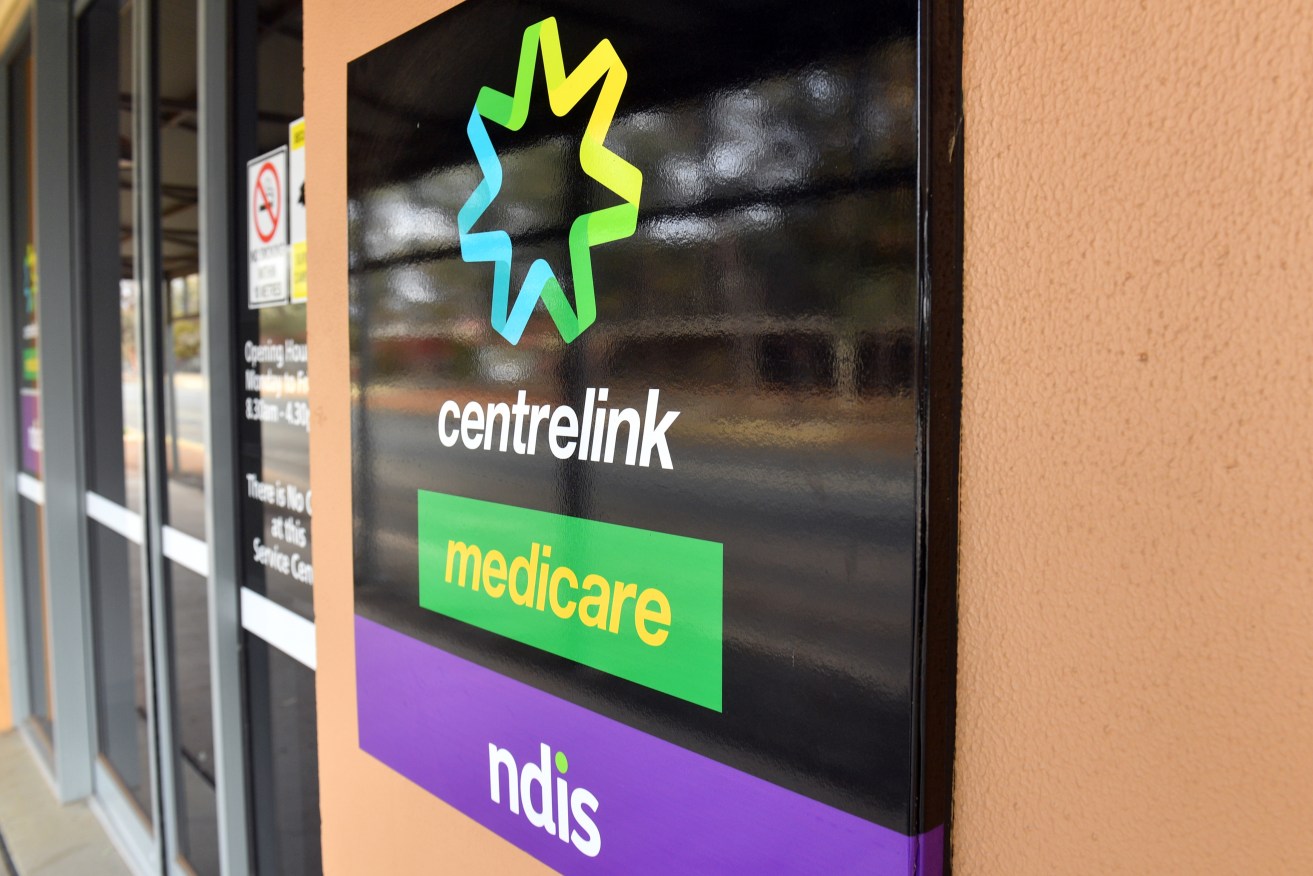Why the NDIS needs a better approach to mental health
The NDIS rollout is showing how difficult it is to create a one-size-fits-all disability service, which is a particular problem when it comes to managing mental health issues, writes Tanya Blazewicz.

Photo: AAP/Mick Tsikas
Everyone has mental health, and sometimes mental ill health, but not everyone’s quality of life is affected by it. I prefer not to use the word “mental illness” – I prefer “psychosocial disability”. When I think of psychosocial disability I think of recovery.
When I used to think about my mental illness, I found myself wondering if I would ever get better. I compared it to what I knew of physical illnesses – glandular fever, a cold or flu. Eventually, with those illnesses I would be asymptomatic. Since my diagnosis in 2012 I have waited for the day that I become asymptomatic and it has never come.
But if I view my experience as a disability, my recovery journey is no longer about eliminating all of my symptoms. Instead, it is about adapting to my differences and thinking that I can have a good quality of life with no more suffering. Just in the same way that we accept a person in a wheelchair requires a ramp to get into a building, I think about symptoms that impede my daily living and how I can adapt to them to still get things done.
There are some symptoms that I experience to some degree all the time. I find these symptoms don’t really limit my day-to-day life. However, in an “episode” they are harder to manage by myself. This may lead to hospitalisation as I am unable to eat, sleep, wash, attend study or work.
Between 2012 and 2017 I had around 20 of these episodes. These episodes resulted in a total of about nine months in hospital. That’s almost two months a year and that is only when I was so unwell that I needed to be in hospital. On either side of those hospitalisations, there were periods when I was getting more and more unwell.
So for maybe eight months a year I looked and functioned like any other 20-something-year-old female. I was able to study, go to work, eat well, see my friends and do my hobbies. But for the other four months, I was incredibly unwell, isolated, and I would say at that time “suffering”.
Having four months like this a year, for five years, when you have little idea of when an episode will occur, makes it very difficult to hold down a job. Not many managers give that much sick leave. This meant for me, a never-ending cycle of working for a period, becoming unwell, ending up in hospital, having to leave my job and switching to Centrelink.
The shift of support for people living with psychosocial disability to the NDIS really challenges how we live our day-to-day lives and, for decision-makers, how we define disability.
In order to assess someone for their eligibility to be covered the NDIS, they have to go through a decision tree. This decision tree not only means focusing on someone’s deficits, like how they operate on their worst day, but is also very aligned to physical disability.
Questions are asked like: Can the person shower alone? Can they cook for themselves? Can they put their shoes on?
The solutions for someone with a physical disability might be – no, they need a shower chair, someone to come in and cook for them, or someone to put on their shoes. However, for someone with psychosocial disability it doesn’t factor in the reasons why they might be unable to do these things.
For example, I have OCD, and during episodes, it is difficult for me to shower as it is time-consuming and anxiety-provoking – I never feel clean. Physically, I can shower myself, but I don’t like to because it means I will experience anxiety and compulsions. So a shower seat, guardrail, or a person showering me isn’t going to help at all. However, other solutions like a psychologist doing exposure therapy with me, or meditation before and after showers, might help.
For someone else, they might not shower because they are very depressed and can’t get out of bed. They might benefit from someone physically showering them, or they might just need a peer worker to come over to their house and encourage them to get started on their morning routine.
Something else that isn’t really considered on the NDIS decision tree is the effect on a person’s social life and we really need to think more creatively about solutions to these symptoms. A lot of people with psychosocial disability face isolation and loneliness. Throwing money at this problem isn’t going to fix it – they need regular contact with a peer worker, group therapy options and other classes.
Psychosocial disability can be more complicated, more nuanced, than some other disabilities. Each individual is different, and although they might face similar barriers, the symptoms that get them there are different and need to be treated differently.
If your experience is limiting how often you socialize with others, whether or not you can hold down employment, whether you can get the very basic of Maslow’s hierarchy of needs fulfilled – such as food, shelter and hygiene – then you are missing out on your human rights.
Tanya Blazewicz is a Lived Experience advocate who co-chairs of the Central Adelaide Local Area Health Network Mental Health Consumer and Carer Group and sits on boards and councils for the Primary Health Network and Office for the Chief Psychiatrist of South Australia.
This is the first of three articles InDaily will publish this week in conjunction with the Mental Health Services Conference – an annual national event that challenges our current knowledge and ideas about mental health care and the systems that operate within it.




